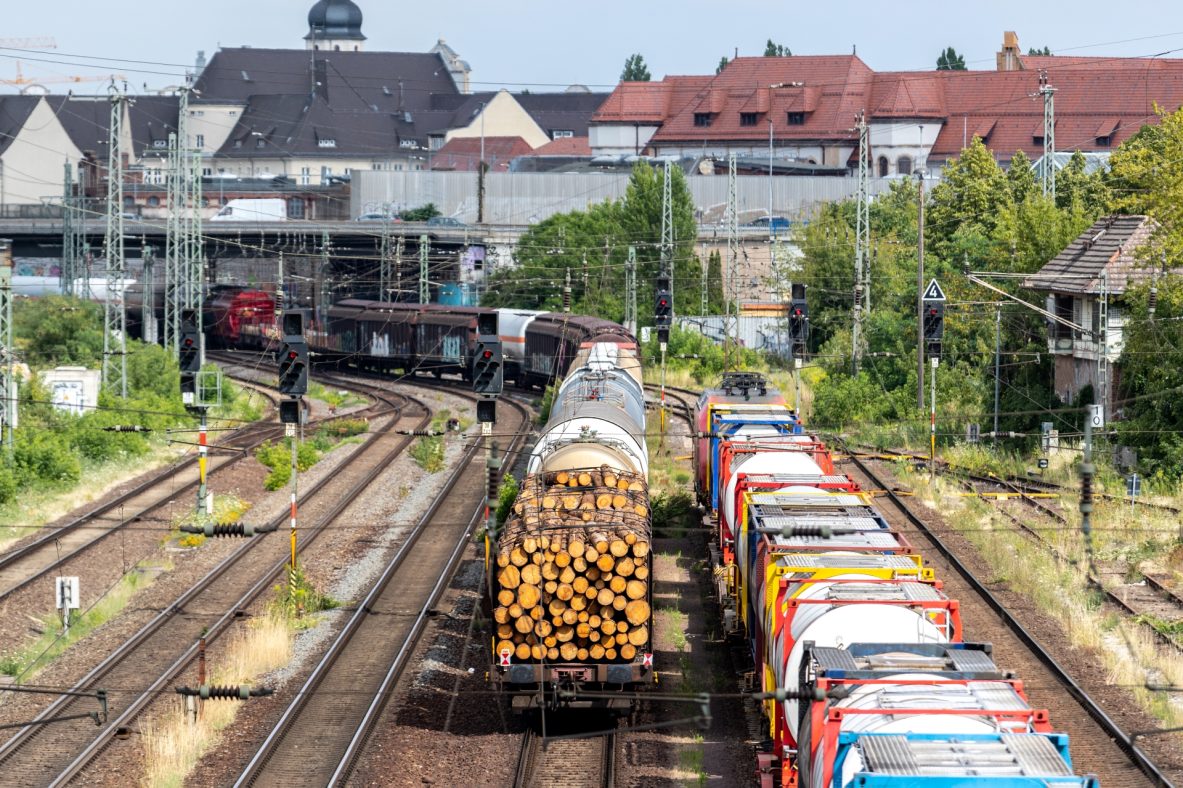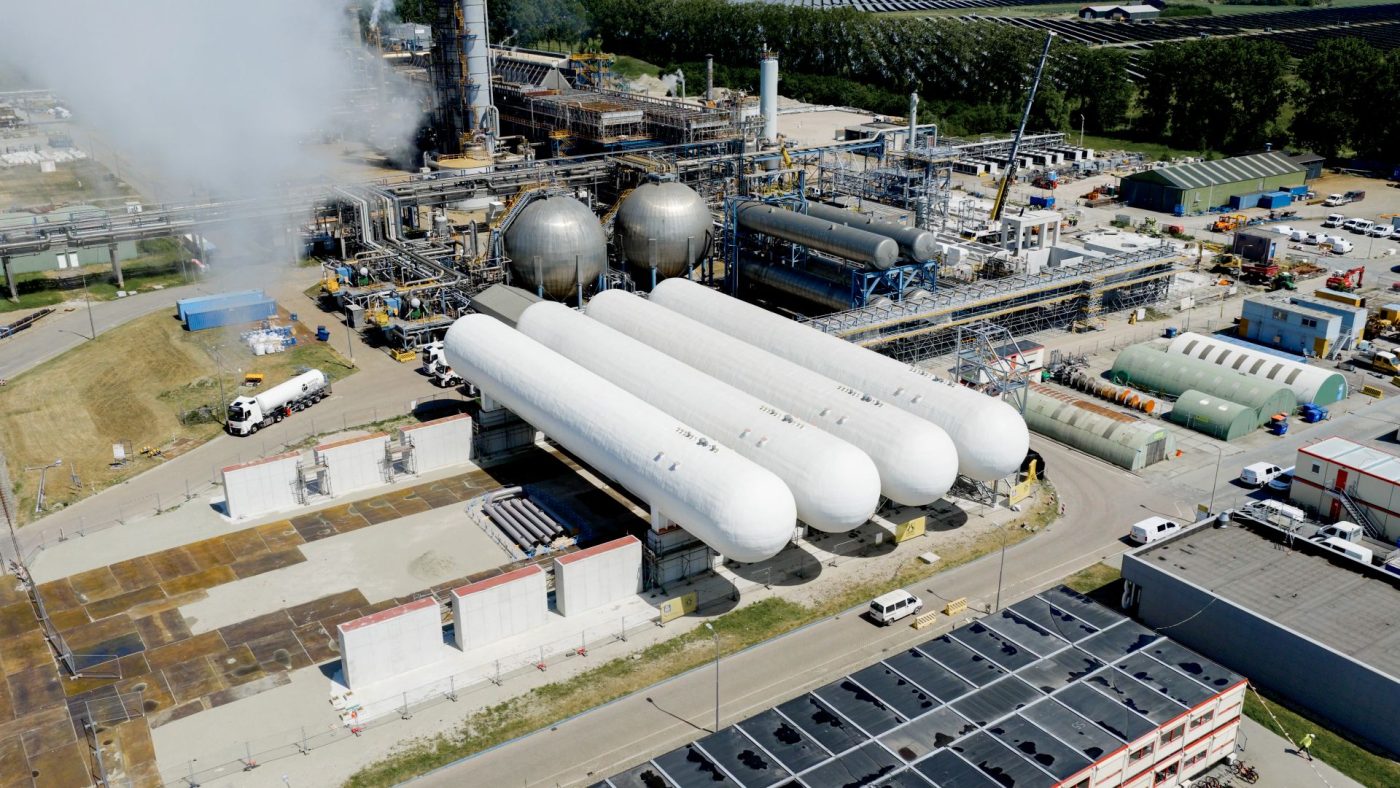World Bank urges 'better jobs' to sustain growth in Europe and Central Asia
As Europe and Central Asia grapple with ageing workforces and uneven growth, the real challenge is not creating more jobs, but building better ones

Economic growth across Europe and Central Asia is slowing, but the regions remain fundamentally resilient. The World Bank warns that job creation alone will not sustain growth in a region divided between ageing workforces and rapidly expanding labour markets.
The working-age population across Europe and Central Asia (ECA) is projected to decline by 17 million over the coming decades – a demographic shift that could weigh heavily on growth unless countries invest more decisively in skills, innovation, and private enterprise, the World Bank cautioned in its latest regional economic update.
Growth across the region is forecast to slow to 2.4 per cent in 2025, down from 3.7 per cent last year, with most new jobs concentrated in low-skill and low-pay sectors, particularly in services.
The challenge, the Bank says, is not only to create jobs – but to make them better, more productive, and more sustainable.
Private sector dynamism constrained
For World Bank Chief Economist (ECA), Ivailo Izvorski, the region’s persistent productivity problem stems from an uneven playing field that disadvantages smaller private firms.
“The competition environment is often tilted in favour of incumbent firms, both state-owned and private,” Izvorski told Euractiv. “Disciplining incumbents, removing entry barriers, and guaranteeing competitive neutrality are essential for firms to grow.”
He said governments must simplify regulations, expand access to finance, and address skills shortages through better education systems.
“Mobilising private capital is critical to expand access to risk capital and enable private firms to invest, innovate, and grow,” he added.
Izvorski also pointed to diverging demographic trends across the region – with ageing populations in the Western Balkans and Central Europe and a youth surge in Central Asia – as both a risk and an opportunity.
Countries could benefit from greater regional labour mobility, anchored in migration agreements that invest in training and education in countries of origin, he said.
Izvorski added that global skills partnerships could help ensure that shortages in one country are met while workers elsewhere upgrade their capabilities.
Regional challenges
In Albania, the construction sector – one of the country’s main economic engines – reflects many of the region’s structural challenges.
Enis Shehu, head of business development at a private firm in the chemicals and construction industry, said the key to higher-quality employment lies in education reform and stronger cooperation between schools and the private sector.
“While Albania has specialised schools and training centres, many still focus on traditional practices and lack alignment with the industry’s modern needs,” Shehu told Euractiv.
“Expanding apprenticeships with private companies and creating partnerships between universities, technical schools, and construction firms would help bridge the gap between theory and practice,” he added.
Shehu said labour shortages are already acute, with skilled workers migrating abroad and young people showing limited interest in construction careers.
“To sustain growth, we must attract, train and retain talent,” he said. “Companies are promoting construction as a modern, digital profession – using 3D modelling, drone surveying, and smart building technologies – but keeping workers in Albania requires better pay, job security, and safer worksites.”
He urged the government to use public infrastructure projects as a lever for skills development – offering tax incentives for firms that invest in training and requiring contractors to hire apprentices or provide accredited learning.
Reforms for resilience
Izvorski stressed that long-term labour market resilience will depend on a multi-pronged reform strategy linking education, investment, and governance.
“The best protection is through building resilience of households, enterprises, and governments,” he said.
That means robust investment in physical and digital infrastructure, better governance, and structural reforms that make it easier to do business.
With wars, sanctions, and shifting trade routes reshaping the region’s economic geography, the challenge is no longer just to create jobs – but to make them productive, innovative, and adaptable.
Across Europe and Central Asia, the policy direction is clear: mobilise private capital, modernise education, and level the playing field for small firms.
The payoff, the World Bank argues, would be a region that not only creates more jobs, but better ones, capable of sustaining prosperity in an increasingly uncertain world.
And as Europe’s neighbourhood transforms, its economic resilience may well depend on how effectively these new jobs turn into engines of innovation – not just for recovery, but for renewal.
(BM)









